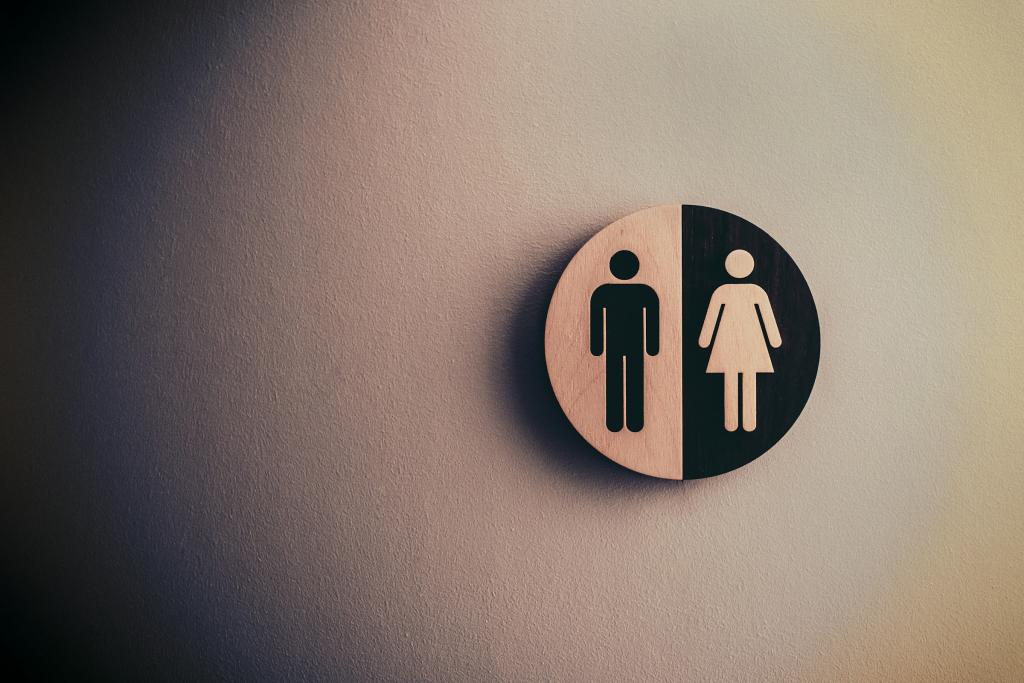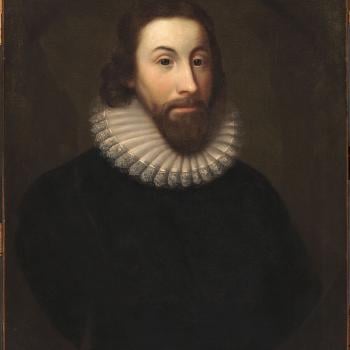
Sex and sexuality are some of the innermost aspects of human life. These things are deeply personal to us. And as personal as sex is to human beings, sex is also deeply pervasive throughout creation. Sex is, so to speak, the waterway through which life flows from itself.
Politics is the ordering of human life. The questions of how far politics should delve into sex and sexuality are far from insignificant. What place government has on our bodies and desires is a very important conversation. And how we answer these questions dictates in large part whether we shall choose total authoritarianism or total liberality.
We probably agree that sexuality should have at least some norms around it. For example, there are proper and improper places and times for it. Sex bends or breaks when we take power differences and manipulation into consideration (think the laws that countries have against statutory rape or pedophilia). There are also strong sexual mores that most of us take for granted regarding practices like bestiality (the abhorrent story of the four men and the monitor lizard in India comes to mind). And so sex, if it must be to some extent ordered, is an inherently political question.
But just as sex is deeply personal yet inescapably political, we have also inherited sex and sexuality from the spiritual and religious traditions that have come before us. Things like purity culture, sex education, or sex therapy are not modern phenomena detached from legacy or history. They are reverberations of religious and spiritual practices, beliefs, and rituals that have formed the feelings that sex evokes (shame, reverence, or ecstasy) for millennia.
Sex and Religion: Not Just Purity Culture
Though “Faithful Politics” is an evangelical column, its discussions are not restricted to exclusively evangelical issues. Evangelical writers have done good work at critiquing the harmful forms of purity culture that were promoted during the 1990s with the American abstinence movement and onwards (from which come “purity rings” and other purity rhetoric and artifacts). [1]
Therefore, the articles that will follow on sex, religion, and politics, will not be restricted to purity culture. If we as Christians only focus on purity culture, we risk jettisoning any claims on sexuality that Christianity may or may not have. But we also risk limiting our vision as to how religion can harmfully (or beneficially) shape human sexuality.
Therefore, we will not only explore sexuality under the Christian tradition(s). We will also visit other faith traditions to see how sexuality has similarly been affected. The political controversies over abortion, LGBTQ+ rights, gender identity, and so on are not restricted to secular liberals versus Christian fundamentalists. Other religions, like Islam, Hinduism, and Judaism, have factions that oppose “sexual liberalism” vehemently globally. [2]
Why Care About Sex, Religion, and Politics?
As Melissa M. Wilcox writes in her preface to Sexuality and the World’s Religions,
Many of the political battles over the human body that rage today turn on religious issues. . . . Religious activists populate both sides of the abortion debate and appear on the front lines of both pro- and anti-gay rights activism. Debates over the visibility of sexuality itself and the ways in which it is treated are especially fierce in religious settings and in areas where some wish to see religion play a central role. Religion is important in debates over what and when public schools should be teaching about sexuality and what resources schools should make available to students. [2]
Thus, it is important to study these three topics given their prominence in public debate and political life. Yet, there remains the question of how to study these facets of human life. One by one? Altogether? As Wilcox and her co-editor David W. Machacek write in their introduction to Sexuality and the World’s Religions,
it is impossible to understand a culture’s beliefs, values, and practices with regard to sexuality and gender without considering their religious worldview. . . . However, . . . learning about a culture’s values, beliefs, and practices of gender and sexuality is also a very instructive way to learn about religion—especially given the central role of such practices in political, cultural, and theological debates across the contemporary world. [3]
Learning about one of these separate topics actually teaches us about the other two. Therefore, we will treat sex, politics, and religion not as cleanly compartmentalized, but as mutually shaping though individually distinct aspects of human life.
Attention to Context
As an American writer, I will be focusing primarily on sex, politics, and religion as these three coalesce in the American context. America is a religiously plural (that is, diverse) society. This diversity of religion and nonreligion has led to debates over how far the dominant religious group, white Protestants, can extend their own particular values of sexuality onto others.
If queerness or gender transitions are deemed sinful by pastors, should these identities be illegalized for everyone? If straight marriages are the only ones recognized as righteous in America’s Christian hegemony, should only straight marriages be allowed? And if Roman Catholicism and evangelicalism (the latter only more recently) hold life to begin at conception, but other faith traditions and most nonreligious Americans hold life to begin at viability, how should this impact abortion policy and restrictions?
These questions will be addressed in the context of the American political system. This system is itself contested by Americans as to what it should be or do for the people. So we will look at the interactions between sex, religion, and politics in global perspective. But we will primarily focus on these three in the current American experience.
Indeed, this contextual focus is fitting. As Jeremy Weeks points out in Sexuality, in prior eras, the voices that could speak on sexuality were very much limited. Now, however,
we have a mass democracy speaking of sexuality: through the globalised media, on television, in chat shows, confessional programmes, soap operas, reality shows, documentaries and advertisements; in cyber-space via social networks, dating and pick-up sites and apps, blogs, microblogs and vlogs, chat rooms, through to the mysterious files of the ‘dark web’; and in the myriad forums and intimacies of everyday life. [4]
How fitting it is that we take our focus on sex, religion, and democratic politics in an era when sexual discourse has become democratized? Everyone and anyone can speak on it. Let us then take care to speak on it well.
Conclusion and Angle
So then, how should these articles be read? The goal of these articles is to draw on scholarship on sex and religion as well as on Scripture and Tradition. They critically explore how sexuality has been discussed and evaluated by established Christian discourse. But these articles are not an uncritical promotion of what some call “sexual liberalism.” A world in which no sexual norms are observed leads to no end of sexual exploitation, commodification, and abuse.
These articles come from a theologically (which is not to say politically) conservative perspective. But we shall neither reify the sexual politics of what some label the Religious Right. As Christians, we value the doctrines and practices that we have inherited through Scripture and Tradition. And indeed, all cultures enforce what sociologist Ken Plummer calls “how restrictions” (how sex is to be practiced) and “who restrictions” (with whom sex is to be practiced with). [5]
But we must also recognize the oppression that so-called theologically conservative institutions and movements have wrought upon those who have been deemed unworthy of heaven. For the exclusion did not only end there. These institutions have often deemed outsiders unworthy of any life at all.
Therefore, these articles assume the equal dignity of all as image bearers of God. They assume Christian sexual ethics to be particularly beholden to the Church. They hear out voices of dissent which challenge whether those ethics are rightfully Christian. And they seek to structure political life in ways that sacrifice neither the Church’s distinctiveness, nor the freedoms of its neighbors.
Light work, right?
References
1. For more on the abstinence movement and virginity in evangelical media more broadly, see Heather Hendershot, Shaking the World for Jesus: Media and Conservative Evangelical Culture (Chicago, IL: The University of Chicago Press, 2004), 87-113.
2. Jeremy Weeks, Sexuality, 5th ed. (London: Routledge, 2022), 3.
2. Melissa M. Wilcox, preface to Sexuality and the World’s Religions, edited by David W. Machacek and Melissa M. Wilcox (New York, NY: Bloomsbury Publishing, 2003), xi.
3. Machacek and Wilcox, Introduction to Sexuality and the World’s Religions, xiv.
4. Weeks, Sexuality, 1.
5. Ken Plummer, “Sexual Diversity: A Sociological Perspective,” in Sexual Diversity, edited by K. Howells (Oxford: Blackwell, 1984), 219–53.













